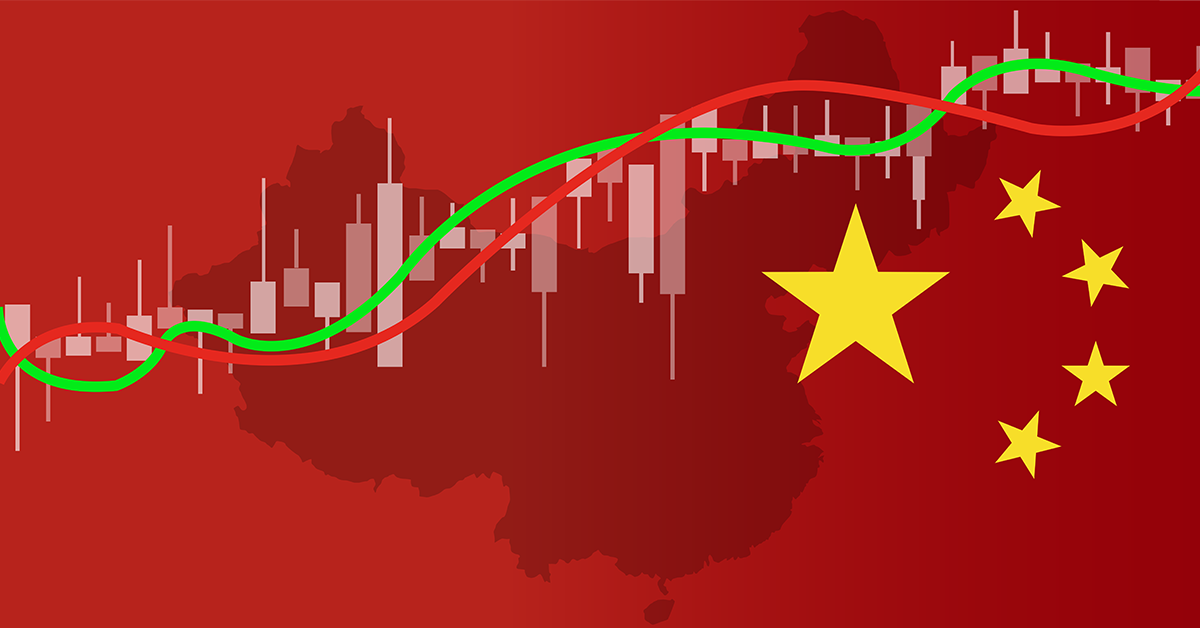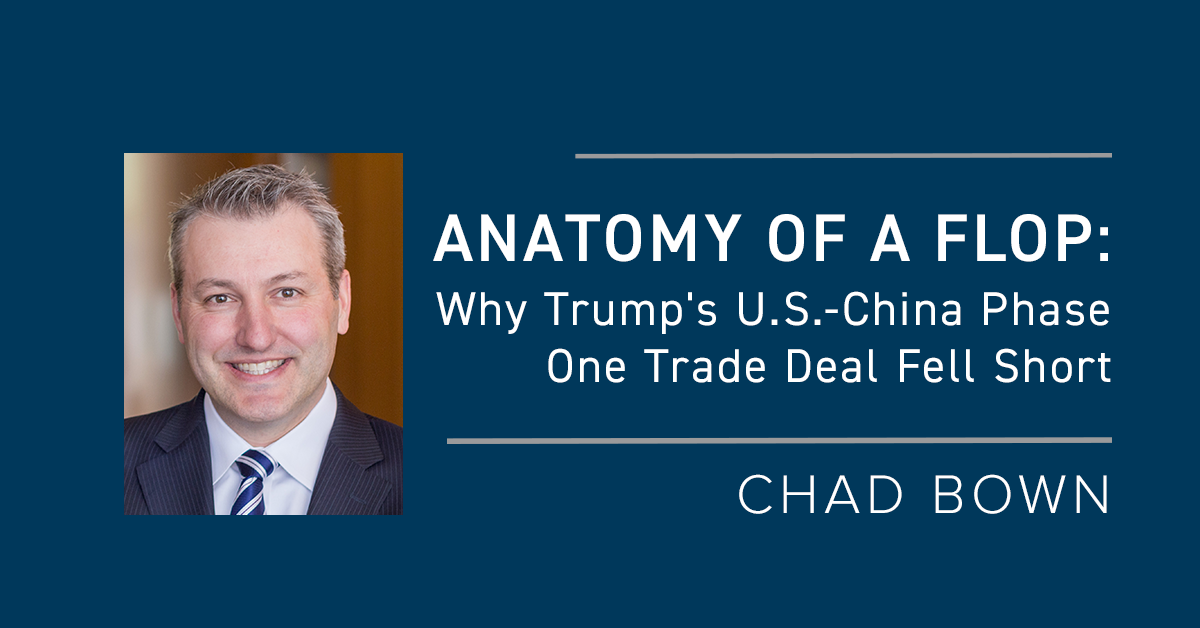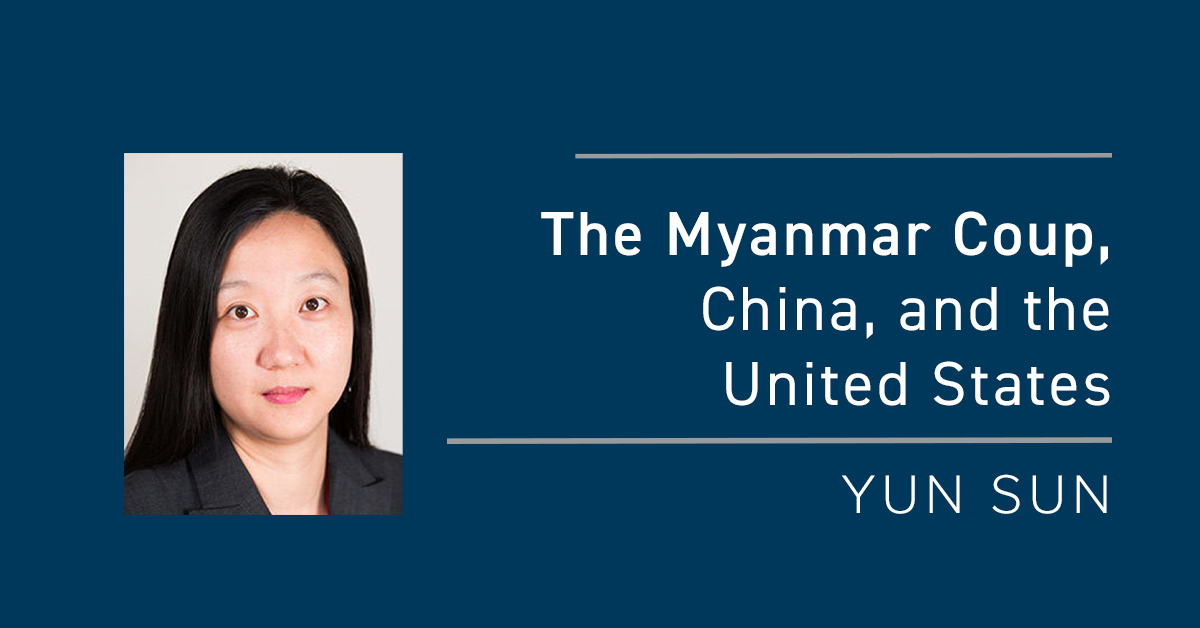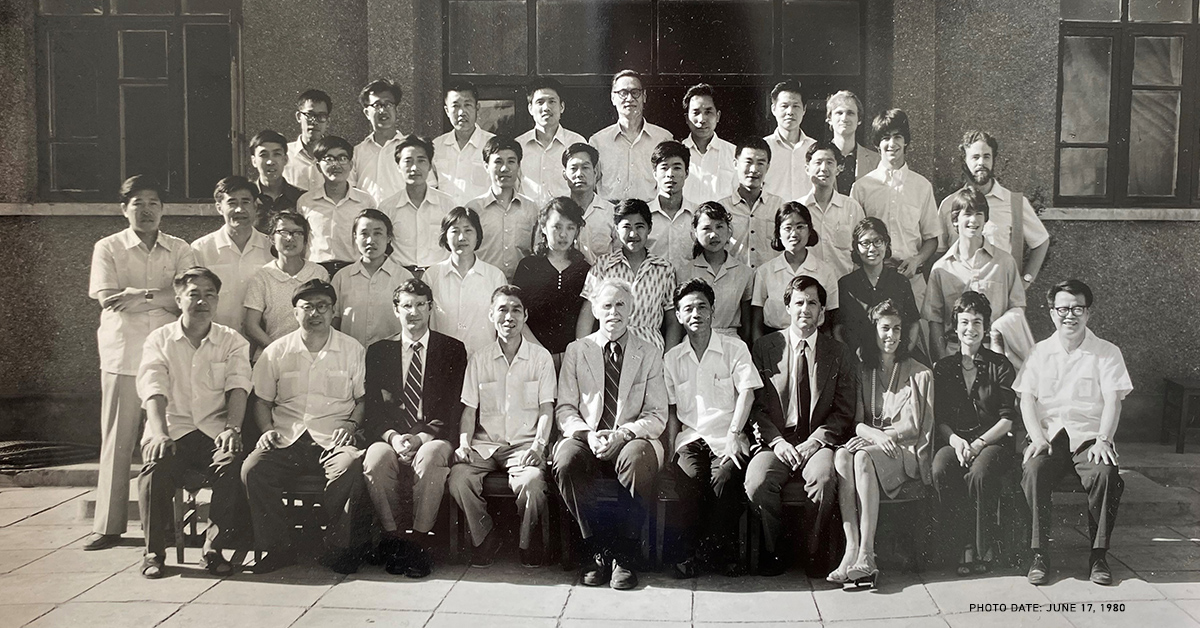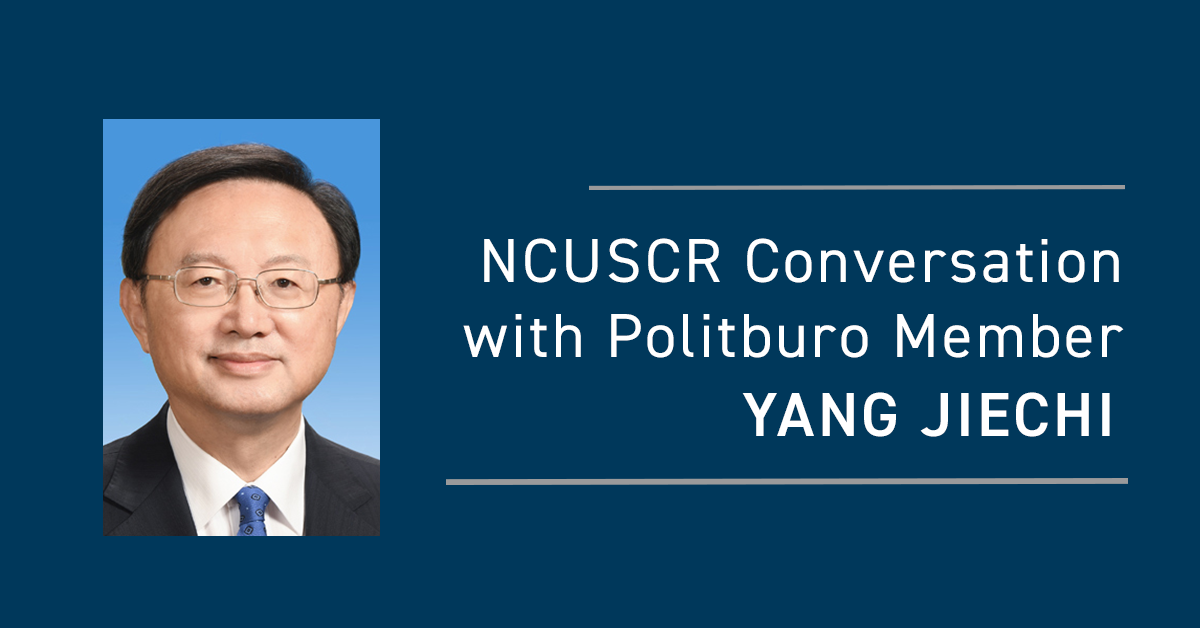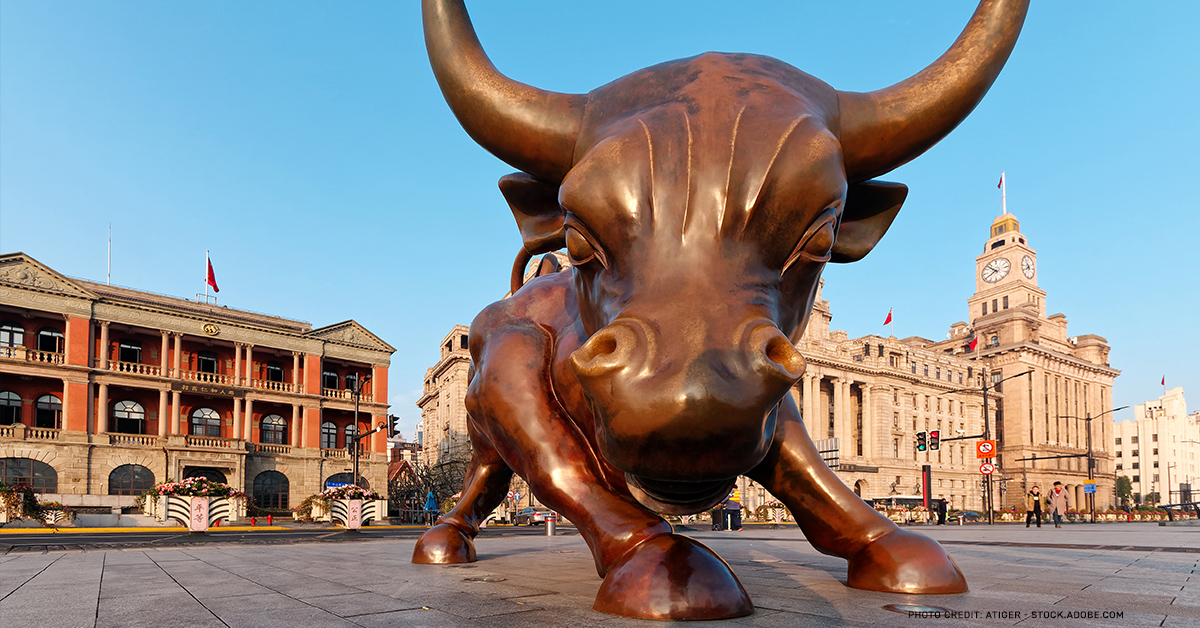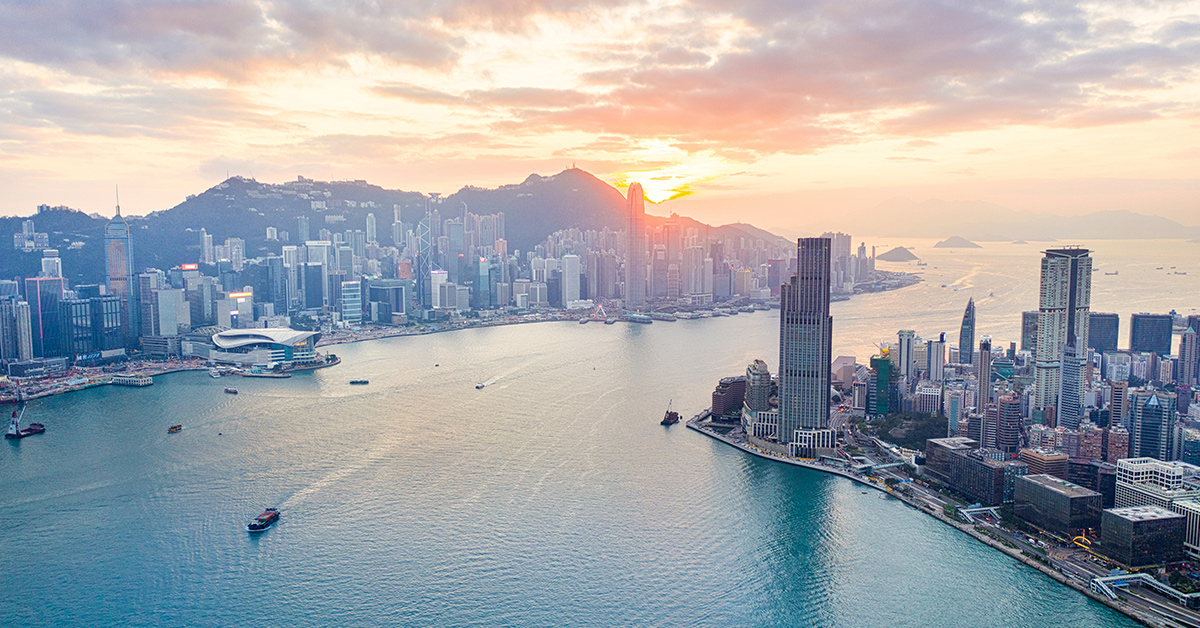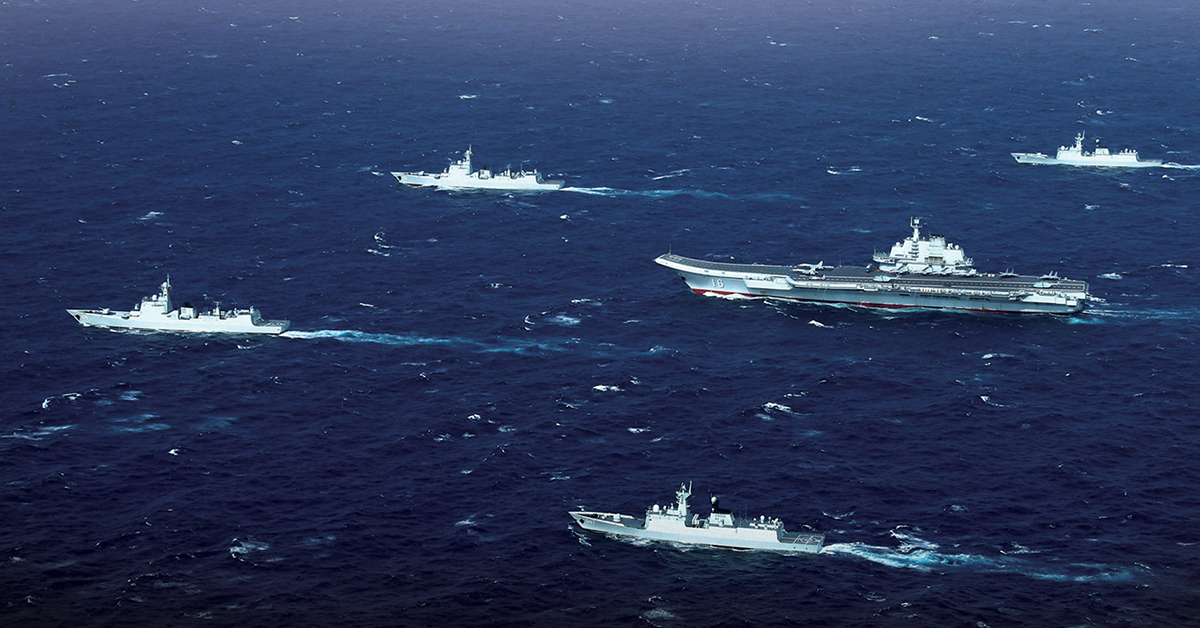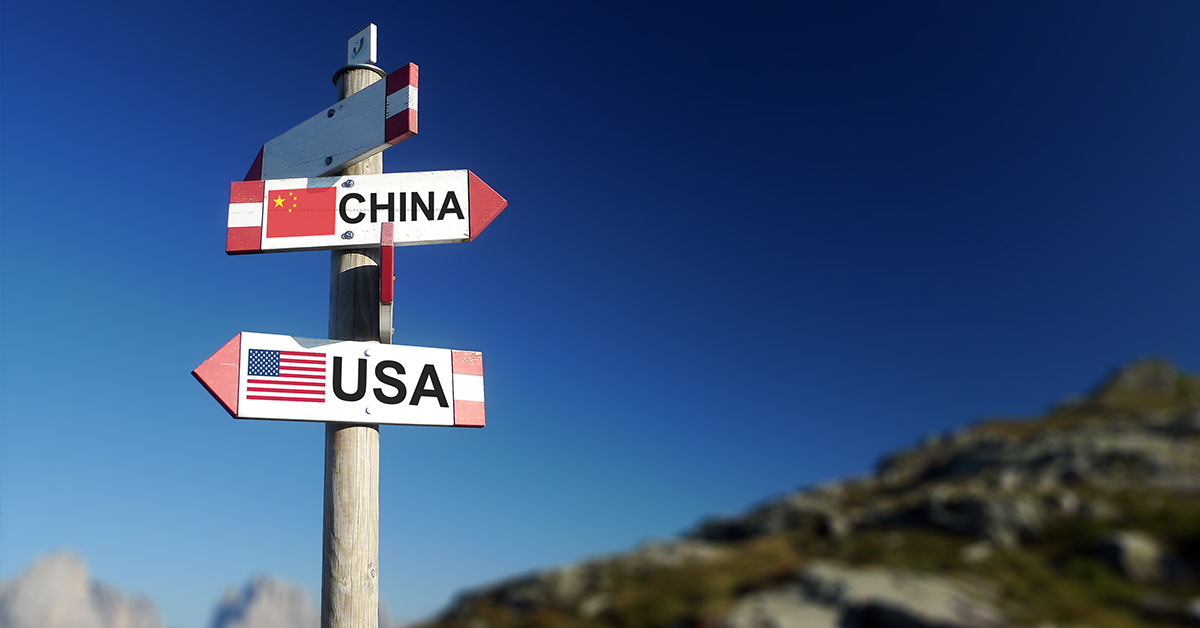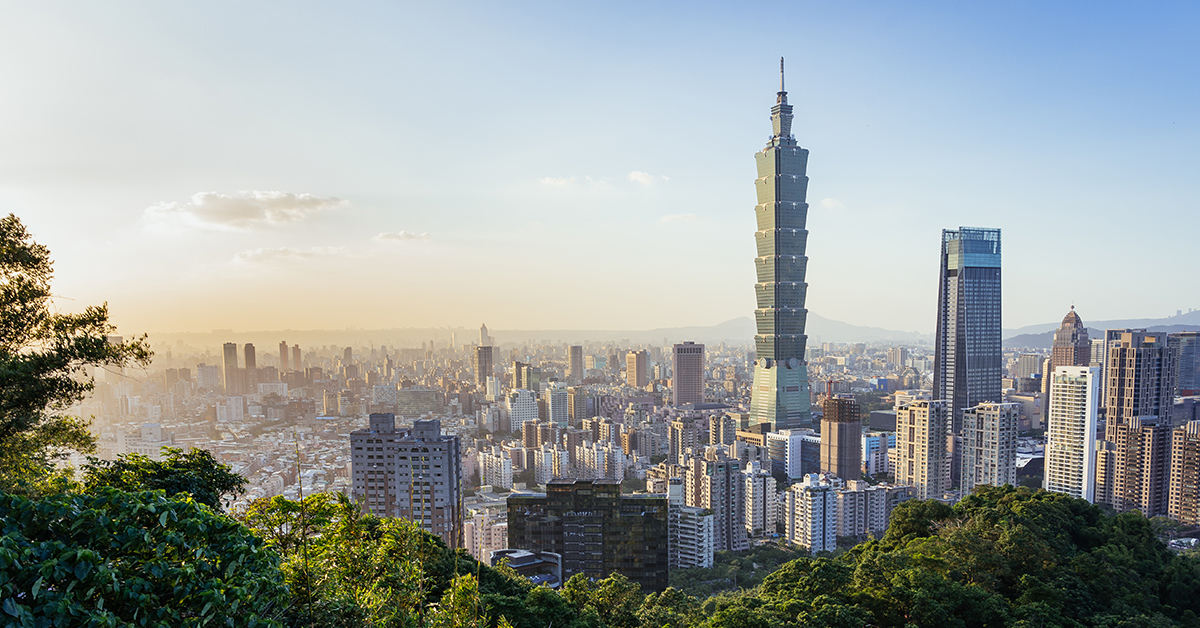Leland Miller presents data on the state of the Chinese economy, implications for Biden administration policy, and for bilateral relations.
Chad Bown argues that the United States should develop a new economic policy vis-à-vis China, working jointly with like-minded countries.
Yun Sun discusses the February 1 coup in Myanmar, Chinese and American responses, and the impact on U.S.-China relations.
A belated 90th birthday celebration of the father of the study of Chinese law in America, Jerome A. Cohen.
In his first speech to an American audience since the Biden administration took office, Politburo Member Yang Jiechi speaks on the state of U.S.-China relations and prospects for the future.
As the United States and China contemplate policies that would limit future bilateral portfolio investment flows, an understanding of the true scope of U.S.-China portfolio investment integration is critical.
Christine Loh and Kurt Tong consider recent legislative and judicial actions in Hong Kong and implications for the United States.
Michael McDevitt examines the growth of the PLA Navy en route to meeting China’s goal of becoming a great maritime power by 2035.
Former U.S. governors Bob Holden, Jon Huntsman, Jr., Gary Locke, and Rick Snyder discuss the consequences of bilateral tensions in each of their respective states and how revitalizing subnational relationships and cooperation can help pave a path forward.
Shelley Rigger and Margaret Lewis discuss the risks and opportunities in U.S.-Taiwan relations now and after the election.
